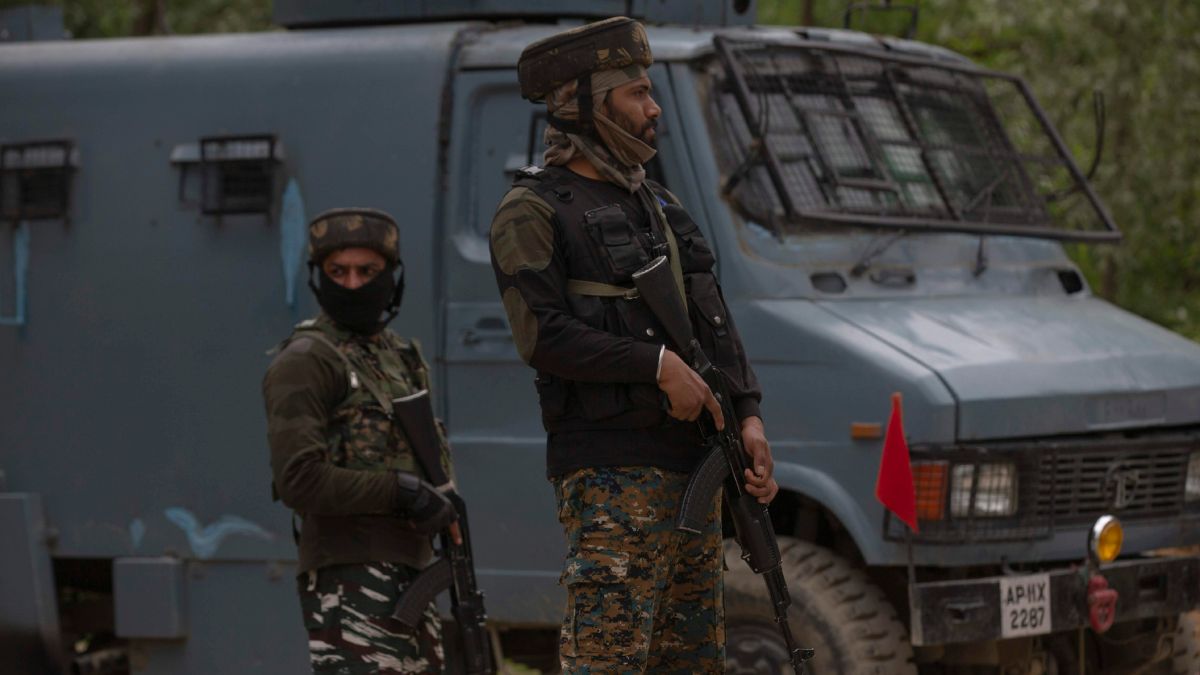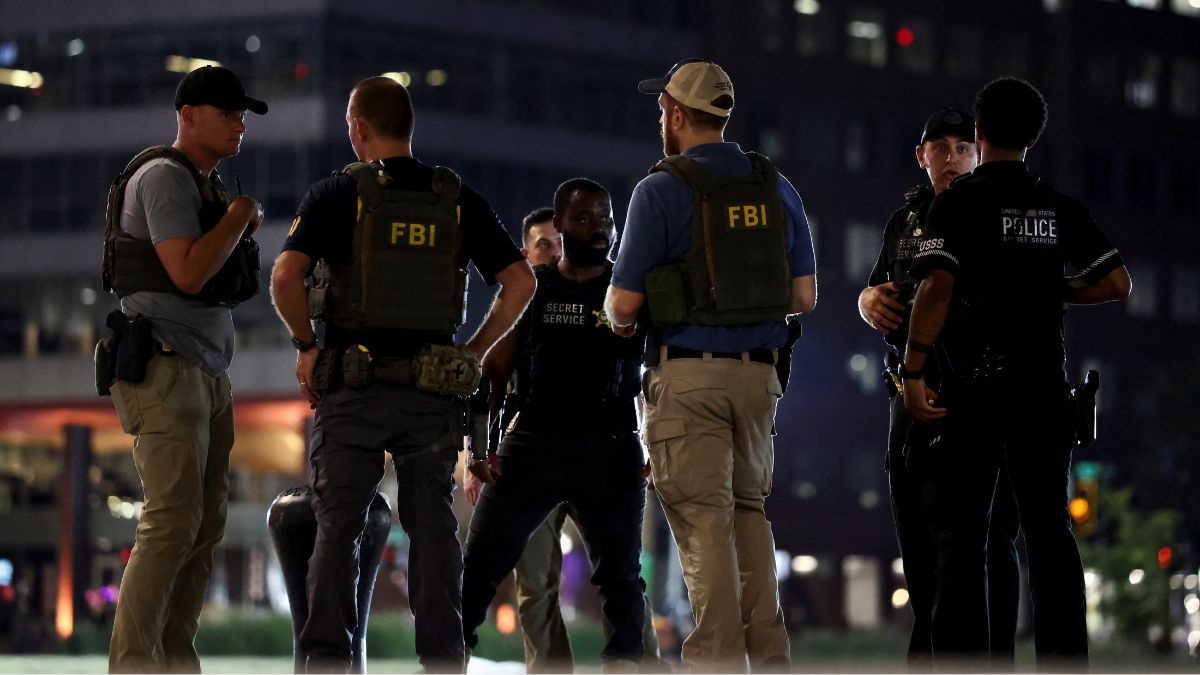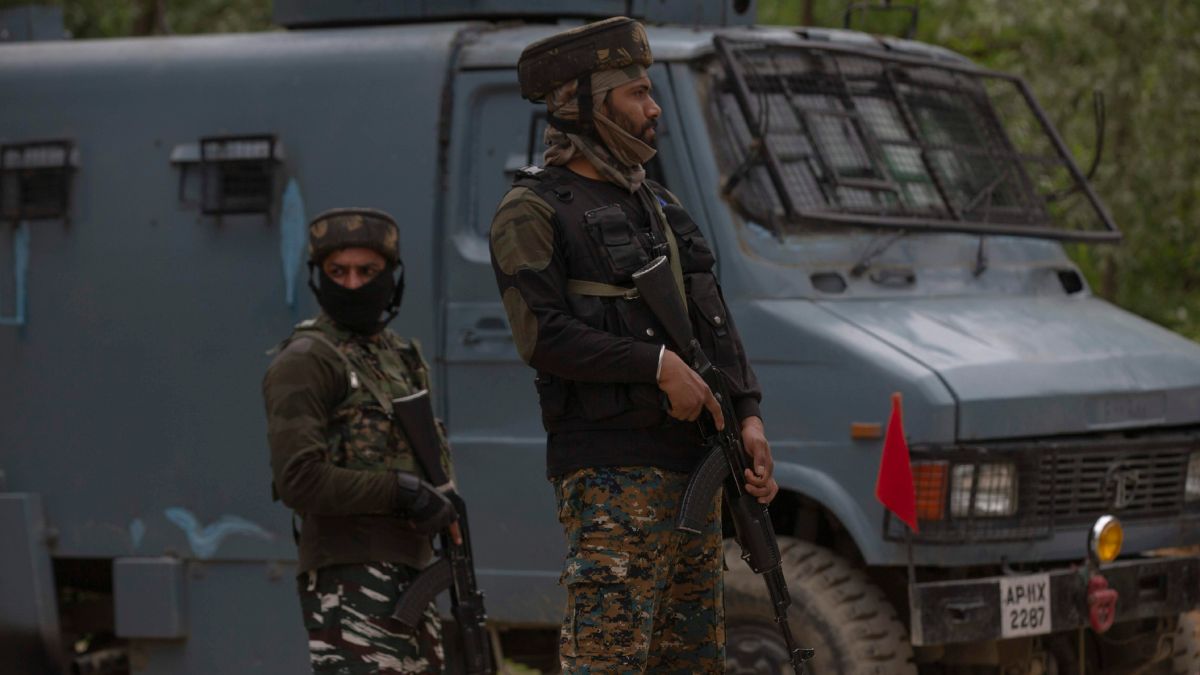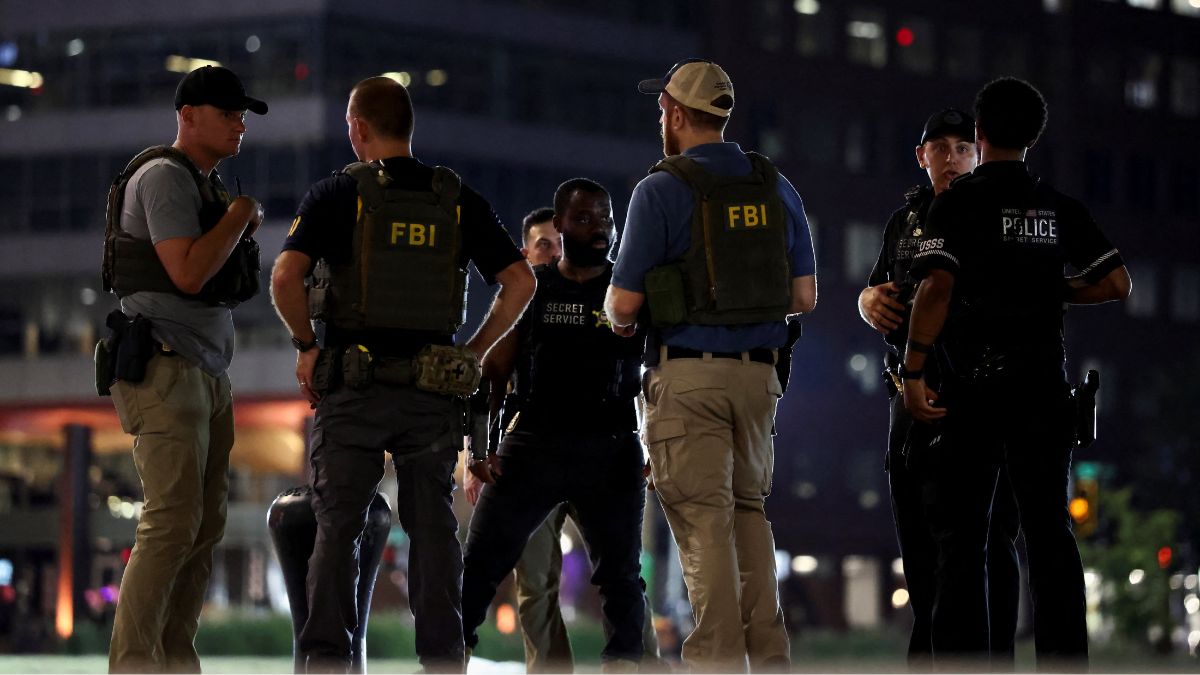With less than 20 days left until India’s general elections, the political battleground is reaching its peak, with an unexpected flashpoint emerging in the form of foreign policy. Typically, Indian elections are dominated by domestic issues such as jobs and inflation making the sudden emphasis on foreign policy quite rare.
The Katchatheevu riddle
It all began with a statement from Prime Minister Narendra Modi, regarding Katchatheevu, an island located between India and Sri Lanka. Modi’s statement highlighted new revelations concerning the historical disposition of Katchatheevu implicating the Congress party in what he deemed a callous decision.
But what exactly is Katchatheevu and what are these purported new facts?
Katchatheevu, a small island approximately 1.6 kilometres long and 300 metres wide, lies between India and Sri Lanka. It holds strategic significance due to its location situated just 30 kilometres north of Rameshwaram in India and 60 kilometres south of Jaffna in Sri Lanka. Despite its size, the island has remained uninhabited, lacking basic amenities like drinking water with only a solitary church standing as the sole structure.
India cedes island to Sri Lanka
The territorial status of Katchatheevu has long been disputed between India and Sri Lanka. However, in 1974, both nations signed a deal effectively ceding Indian claims over the island to Sri Lanka. At the time, the Congress government, led by prime minister Indira Gandhi, was in power. Modi’s recent remarks resurrected this historical agreement casting it in a critical light and suggesting that India’s unity was compromised as a result.
The resurgence of the Katchatheevu issue stems from a Right to Information (RTI) petition filed by Modi’s party, thrusting it back into public discourse. External Affairs Minister S Jaishankar’s involvement further intensified the matter linking the 1974 deal to the repeated arrest of Indian fishermen near Sri Lankan waters and implicating both the Congress and the DMK, a prominent political party in Tamil Nadu, for their alleged roles.
Impact Shorts
View AllLooking into history
Historically, Katchatheevu was under the control of the Jaffna Kingdom before transitioning to various rulers including those of Ramnad and the Madras Presidency, aligning its historical significance with Tamil Nadu. Despite successive state governments’ rejection of the 1974 agreement, the BJP contends that both the Congress and the DMK are culpable for relinquishing Katchatheevu, a claim vehemently denied by the accused parties.
The controversy surrounding Katchatheevu carries significant implications, both domestically and internationally. Domestically, the issue resonates strongly with Tamil voters, particularly the fishing community, who view Katchatheevu as integral to their livelihoods and cultural identity. For the BJP, leveraging this sentiment could potentially influence Tamil Nadu’s electoral landscape, where the party has historically struggled to gain traction.
On the international front, Sri Lanka vehemently asserts its sovereignty over Katchatheevu, with official statements from its Foreign Ministry affirming its ownership of the island. Such assertions signal potential diplomatic tensions between India and Sri Lanka, complicating bilateral relations.
Katchatheevu: A border management challenge for Indis
Furthermore, the Katchatheevu dispute underscores broader challenges in India’s border management with unresolved territorial disputes persisting with neighboring countries like Nepal and historical claims complicating modern diplomatic efforts.
Ultimately, the Katchatheevu controversy serves as a reminder of the complexities inherent in India’s foreign policy landscape and the enduring impact of historical decisions on contemporary affairs. As the nation approaches its general elections, the discourse surrounding Katchatheevu highlights the enduring relevance of territorial disputes and the imperative for robust diplomatic engagement to navigate such challenges.
Views expressed in the above piece are personal and solely that of the author. They do not necessarily reflect Firstpost’s views.


)
)
)
)
)
)
)
)
)



